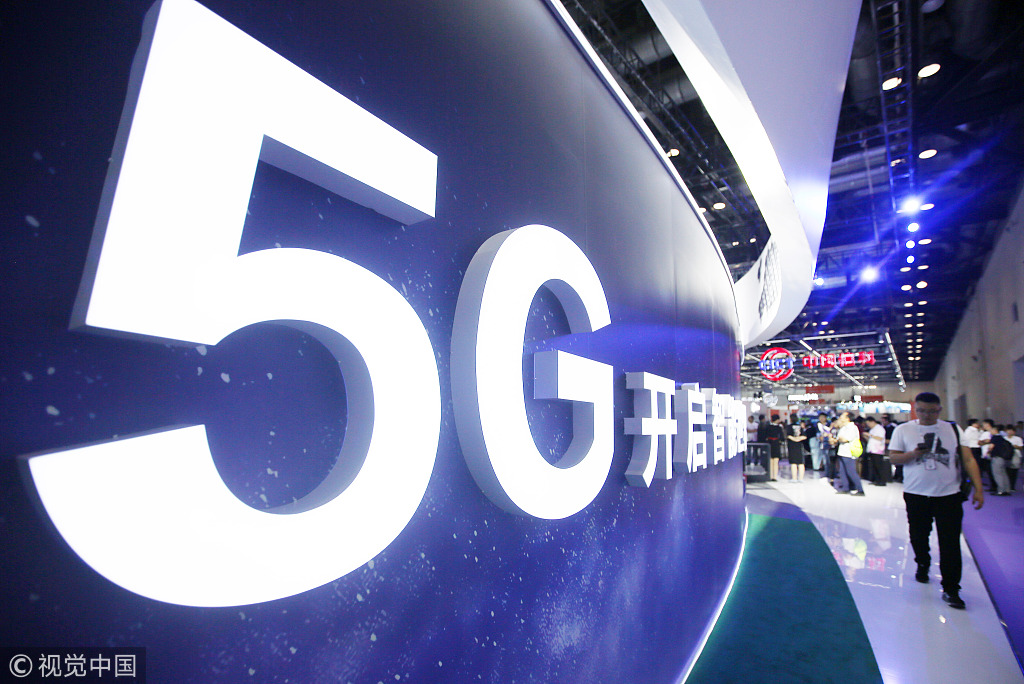Report: 5G a key component in China's smart shipping ambitions


China is leveraging 5G technology to foster the development of intelligent port construction as it aspires to become a leading country in intelligent shipping, according to a report released on Friday at a shipping and innovation development conference in Shanghai.
The report on intelligent shipping development in Yangtze River Delta shows China has been leading in terms of automated port construction with its considerable number of automated container terminals in the country.
Three of the examples include Xiamen Ocean Gate Automated Container Terminal in Fujian province, the first intelligent green terminal in China, the fully automated container terminal at the Port of Qingdao in Shandong province and the Yangshan Deep-Water Port in Shanghai, the world's largest automated cargo terminal.
The report said more ports in the country are jumping on the bandwagon thanks to 5G technology.
Experts explained that 5G technology is important to the development of intelligent ports which require strong connections with low latency, large bandwidth and high reliability.
The port of Qingdao was the world's first to apply 5G technology to operations in January. Similar projects have since followed across the country.
In June, the 5G Smart Port Innovation Lab of China Merchants Group was officially unveiled, pushing forward the construction of the first 5G smart port in Guangdong, Hong Kong and Macao Dawan District.
Three self-driving cars were then officially put into service in Wuhan's Huashan Port, Hubei province, in September, along with a solution for intelligent transportation at ports.
The development of intelligent ports has also been accelerated by the construction of an intelligent logistics platform by Anhui province's Wuhu Port, for small and medium-sized inland ports in the country.
China Cosco Shipping Corporation has also signed a strategic cooperation agreement with China Mobile to build a 5G smart port joint laboratory, according to Wang Haimin, deputy manager of the corporation.
According to a document jointly released by the Ministry of Transport and six other governmental departments in May, China is aiming to become a global innovation hub for intelligent shipping development by 2025, the owner of core intelligent shipping technology by 2035, and form a high-quality intelligent shipping system by 2050.
In line with these goals, the research and development of key technology facilities in automated terminals has already achieved major breakthroughs in China, noted the report. For example, the "brain" and "nerves" of the Yangshan Deep-Water Port in Shanghai - the intelligent control systems for production and management – have been developed by companies based in Shanghai.
"Speeding up intelligent shipping is conducive to deepening the supply-side reform of shipping and enhancing China's competitiveness on the global stage," said Wu Xiaohua, deputy director of the Management Committee of Lingang New Area in Shanghai.
Jiang Mingbao, chief engineer at the Ministry of Transportation in China, pointed out that the country would need to achieve more breakthroughs in key technologies in the smart shipping industry as well as advance the ability of the large-scale production of important equipment and components used in the industry.
Jiang added that the construction of an intelligent shipping security and governance system, coupled with regulations and standards, should also be accelerated.




































